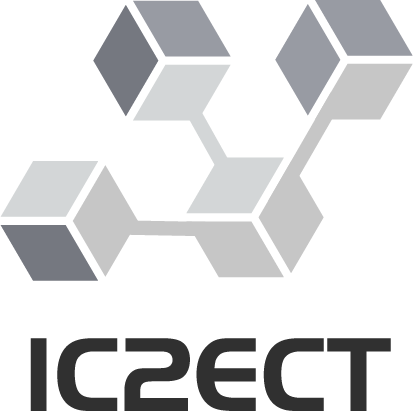
| Editorial Policy |
All new manuscripts to the IC2ECT conference should be submitted directly via【Online Editorial System】. By using the online system, you can access and process submitted papers from anywhere with internet access, and all the records including files and exchanges will be maintained.
Step 1. To keep scientific integrity, one of our editors will run Turnitin on each new submission to see if has a problem with possible plagiarism. Papers not passing plagiarism checks will be desk rejected immediately.
Step 2. Then the publication chairs will have an initial check on the new submission to ensure it's within the scope of the conference and decide if it merits further review. If the new manuscript passes the initial check, it will be assigned to reviewers for double-blind peer review.
Step 3. Each selected paper will be reviewed by at least two/three independent experts with related research backgrounds mainly on originality, validity, quality, and readability.
Step 4. Review Reports received from the experts will be judged by one of the editors with international scientific standards.
Step 5. If logical, then Review Reports will be sent to authors to modify the manuscript accordingly. If not logical, then the editor can assign a new reviewer or can also judge on his/her own.
Step 6. Authors will be required to revise their papers according to the points raised.
Step 7. The revised version will then be evaluated by the editor whether the points raised by the reviewers have been addressed or not.
Step 8. Then the editor will send the revised manuscript to the reviewers again for re-evaluation.
Step 9. If the reviewers approve the revised version of the manuscript, then the Editor-in-Chief will make the final decision for the publication.
| Ethical Code |
1. The conference focuses on academic communications and exchange and allows any follow-up based on any published preliminary report (e.g., an abstract, poster, or conference presentation).
2. Authors who publish any future papers based on the one published at this conference should cite it and add enough new and significant results as required by the journal(s).